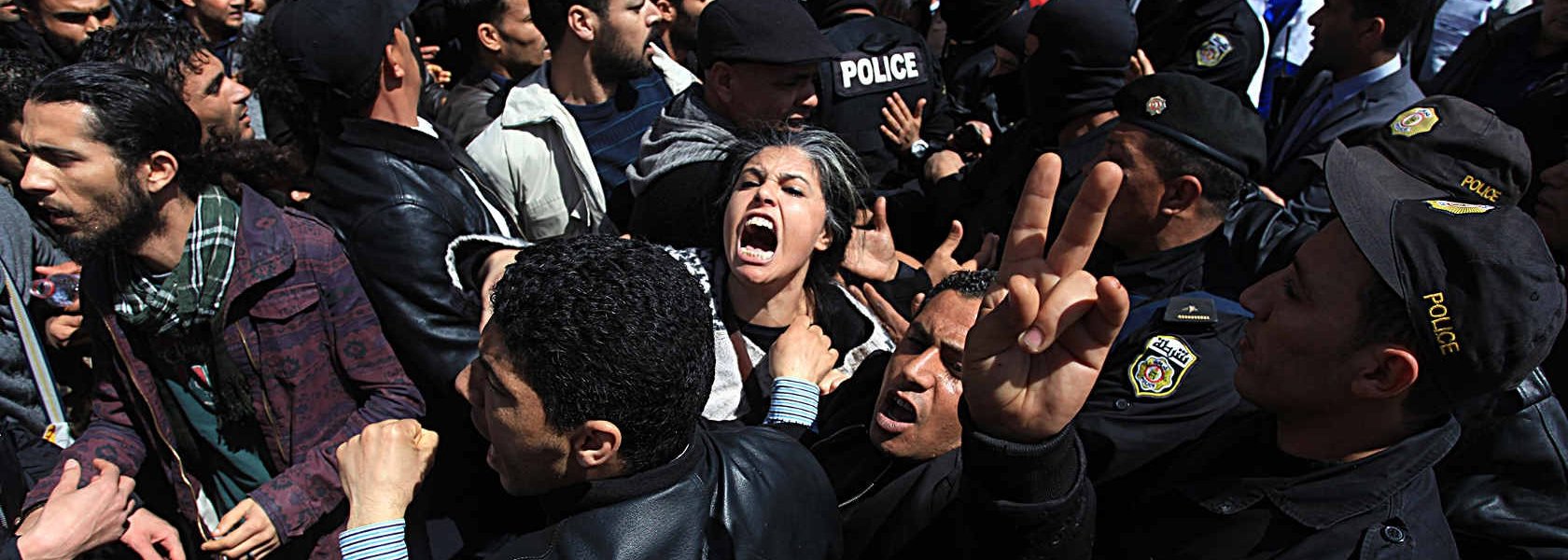
Western Sahara, a long-contested stretch of desert along Africa’s northwest coast, remains a geopolitical fault line in the Maghreb.
A former Spanish colony, the territory has been at the center of a decades-long dispute between Morocco—which currently controls the majority of the land—and the Polisario Front, a Sahrawi independence movement backed by Algeria.
The promise of a self-determination referendum for the Sahrawi people remains unfulfilled, as tensions continue to simmer over territorial claims and human rights concerns.
In recent months, the United Kingdom has reaffirmed its commitment to promoting and safeguarding human rights in Western Sahara. Hamish Faulkner, the UK Secretary of State for Foreign, Commonwealth and Development Affairs, underscored the government’s intent to maintain a constructive dialogue with Moroccan authorities. This dialogue, now approaching its third round before the end of 2025, aims to bridge the gap between civil liberties advocacy and the UK’s diplomatic ties with Rabat.
Conservative MP Blake Stephenson has been a vocal proponent of stronger oversight in the region.
Through pointed parliamentary questions, Stephenson has emphasized the need for dialogue with Morocco to result in tangible progress. “We must ensure these talks are not merely symbolic gestures,” he stated, highlighting the urgency of monitoring human rights commitments on the ground.
At the heart of the issue lies a fragile equilibrium: balancing the internationally recognized right of the Sahrawi people to self-determination with the need to uphold human rights within Moroccan-administered areas.
The UK’s diplomatic posture reflects this complexity, attempting to sustain pragmatic cooperation with Morocco while maintaining support for Sahrawi rights through measured engagement.
The broader challenge illustrates how modern diplomacy increasingly grapples with territorial disputes entwined with humanitarian imperatives.
In the case of Western Sahara, the UK’s continued involvement signals a refusal to let the issue fade into obscurity.
Whether this engagement will evolve into a substantive shift or remain within the realm of diplomatic formalities remains to be seen.
Still, with a third UK-Morocco human rights dialogue session on the horizon, there is cautious optimism that incremental steps may lead to greater accountability and, ultimately, improved living conditions for the Sahrawi population.



